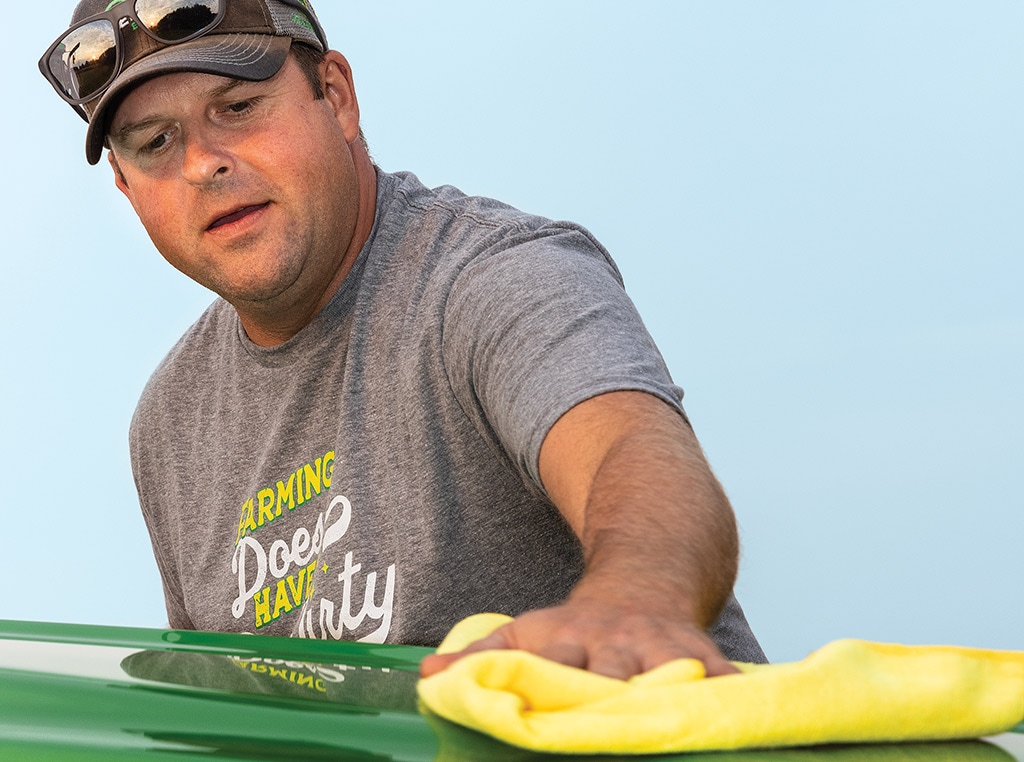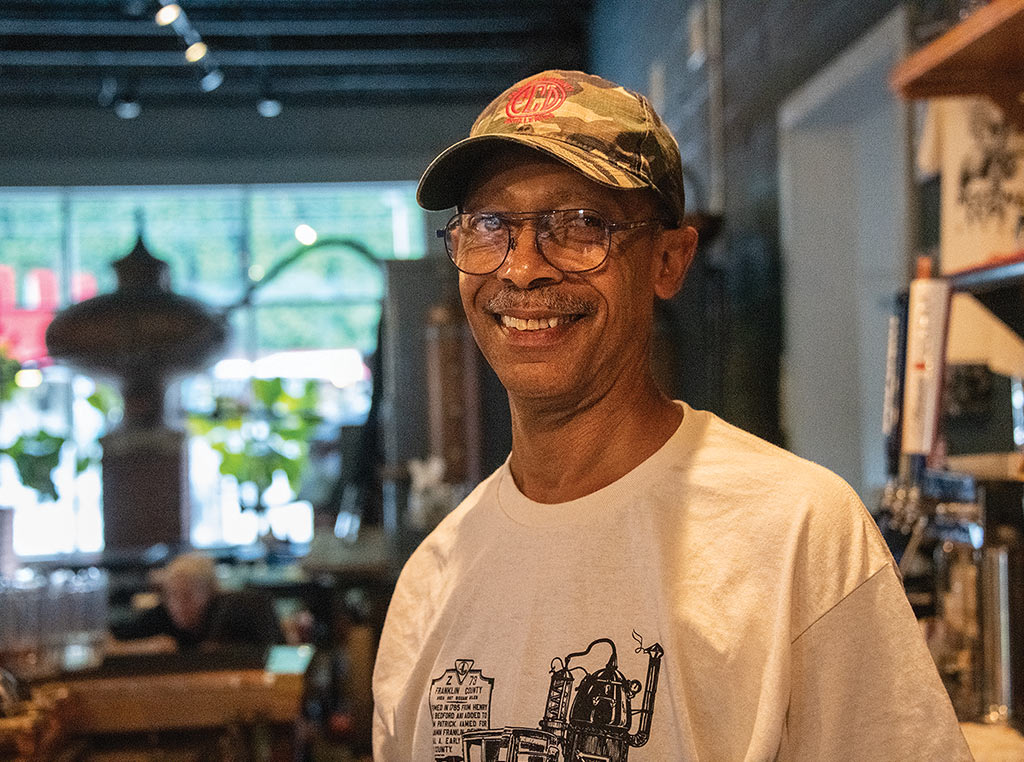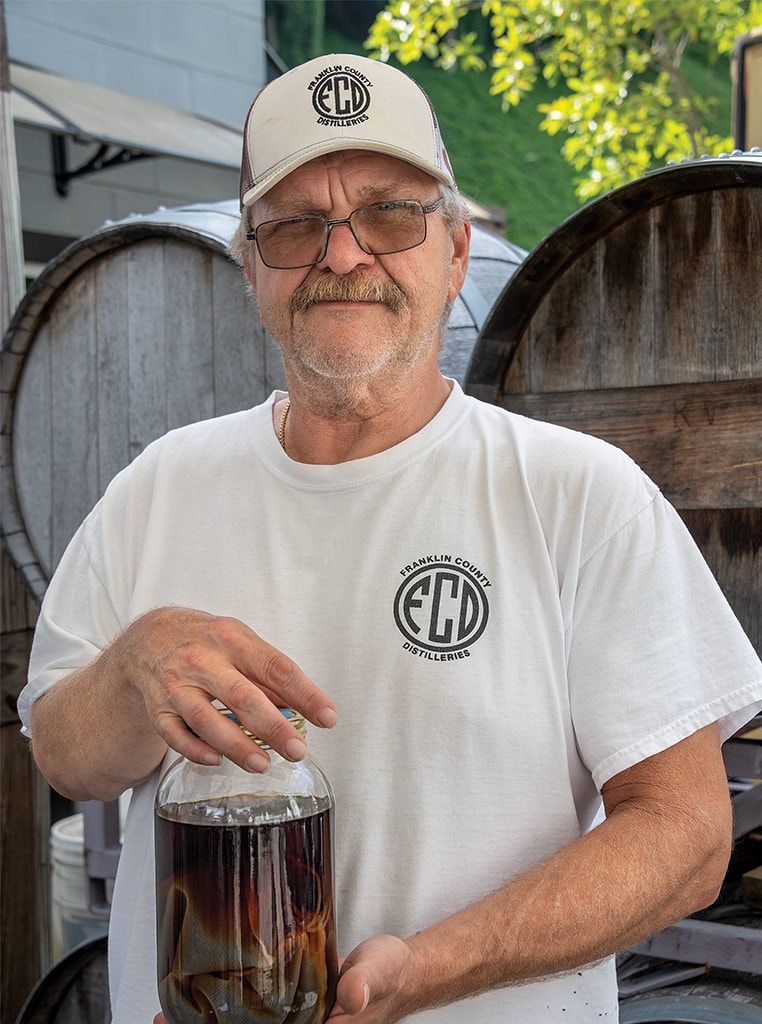Education, Specialty/Niche April 01, 2023
Mash Unit
.
Virginia moonshine maker celebrates bootleg heritage.
Franklin County, Virginia, has long had an economy built on corn. Not necessarily growing it—the county's farmers grew only about 4,600 acres of corn for grain, according to the 2017 Ag Census, a small fraction of the acreage planted to forage and silage—but certainly processing it. Franklin County, Virginia, calls itself the world's Moonshine Capital, and today, local distillers are leaning into that heritage.
Over a 5-year period, according to records from 1935's Great Moonshine Conspiracy Trial, 13 million pounds of cornmeal, almost 34 million pounds of sugar, and 74,000 pounds of yeast were delivered to the small, rural county, which boasted 24,337 residents at the time.
Local lore has it that the railroad delivered more sugar to Franklin County during Prohibition than to New York City.
Those tons of corn, sugar, and yeast were being delivered to barns and backwoods stills, then hauled out again as moonshine, or untaxed liquor. Souped-up, moonshine-running cars spawned stock car racing.
Today, time-tested recipes have come out of the shadows. Of nearly 60 licensed distilleries in Virginia, more than two dozen make moonshine, including Franklin County Distilleries in Boones Mill, Virginia, which in 2015 became the first licensed distillery in the county since Prohibition began in 1916.
Above. A copper still from France. FCD bartender Kenny Gray applies mixology to moonshine. Etched bottles are a new look for 'shine. Franklin County Distilleries manager Larry Lobmeyer says Prohibition moonshiners used sugar to amp up production. FCD's recipes predate the practice. FCD's marketing officer Holly Gerlach.
Local stories. Franklin County Distilleries (FCD) was founded by Daniel Hodges, who— like many people in the region—was captivated by the area's moonshine heritage. Nearly every family in Franklin County has a story or two about moonshine, notes FCD manager Larry Lobmeyer. In fact, what were once family secrets are now celebrated as part of a colorful local history that draws visitors and drives the area's economy.
Franklin County Distillers' flagship product is its White Label Corn Whiskey, a 4th-generation family recipe that delivers a roasted corn flavor on a surprisingly smooth finish.
That smoothness is why FCD uses only pre-Prohibition recipes, Lobmeyer points out.
"Traditionally, your moonshine would have been straight-up corn whiskey—we use 99% corn and 1% malt," he explains. "Before Prohibition, they were not mixing in sugar. That's something that came along during Prohibition because it's a fast, cheap way to make a lot of alcohol. You could sugar your corn and get two or three more runs out of it."
FCD's basic recipe uses 100 pounds of corn per 100 gallons of mash. After heating and condensing, 20 gallons of whiskey leaves the still at 70% alcohol.
The Virginia Distillers Association notes that 65% of the state's distillers use corn in their recipes. (Bourbon is also corn-based, but typically contains 20% to 49% barley, rye, or wheat. All-corn whiskeys introduce many consumers to a new flavor profile.) The demand adds up.
In an economic analysis using 2017 data, the association found that Virginia's distillers purchased $5.4 million in grain and other agricultural products. Of that, $3.6 million worth was supplied by Virginia farmers.
FCD's chief marketing officer Holly Gerlach points out that the distillery tries to find local sources for as many of its ingredients as possible, and encourages farmers to set up booths in the parking lot to sell local produce.
"It's part of how we support the community," Gerlach says.
The community shows up in force for FCD's monthly Date Nights, and Franklin County has become a prime travel destination for visitors from all over.
That reflects a lot of hard work —at the still, in the field, and in promoting western Virginia's historic moonshine culture.
"When you think about a moonshiner, we're laid-back, but we're also go-getters," Gerlach says. ‡
Read More

AGRICULTURE, RURAL LIVING
Fragrance Feeds the Soul
On a Wisconsin lavender farm, guests relax and unwind with this ancient herb.

SPECIALTY/NICHE
Meet Mr Clean
Twitter turns Andy Pasztor's passion for maintaining his equipment into a thriving enterprise.






